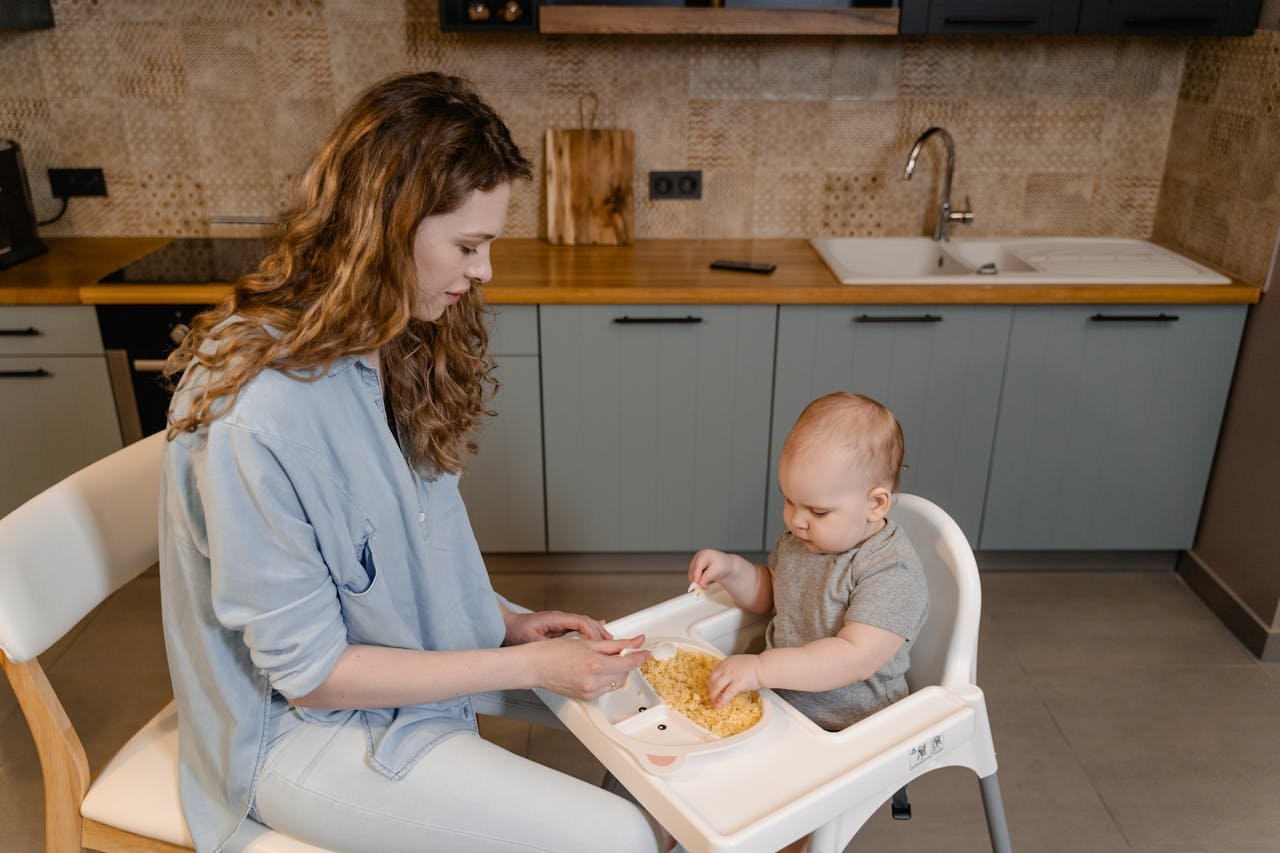Understanding Postpartum Depression and How to Cope
The first thing to understand about postpartum depression is that it can feel very unjust. A woman spends nine months riding the roller coaster of pregnancy. Then she brings a new life into the world and is so ready to celebrate this bundle of joy. But… along comes intense feelings of moodiness, being overwhelmed, and fear.
Thanks to severe hormonal shifts, some form of the “baby blues” is inevitable. But if these feelings don’t subside after a week or two — and they get worse — you could be experiencing a diagnosable depressive episode. With all this in mind, you must take steps to recognize and address the symptoms.
What Are the Causes of Postpartum Depression?
The primary culprit is hormones. When a woman becomes pregnant, her progesterone and estrogen levels rise, as well as her thyroid hormones. After adjusting to these new hormone levels for nine months, everything changes again upon giving birth. The woman’s hormones rapidly return to their normal levels.
As the inevitable moodiness kicks in, some existential emotions rear their ugly heads. The new mother is now dealing with realities like:
Being bombarded by well-meaning people who want to talk and meet the baby
Feeling self-doubt about their ability to properly care for the newborn
Fatigue and a general sense of being overwhelmed
Having absolutely no time for yourself
Changes in your life, your routine, and your body
The sheer enormity of the event
Everything on this list, plus hormonal fluctuations, is pretty much inevitable. Even so, they can be enough to cause an episode of postpartum depression.
What Does Postpartum Depression Look and Feel Like?
Initially, the trickiest part is not knowing if what you’re feeling is normal. Some crankiness, nervousness, and exhaustion are not unusual. How, then, do you identify the red flags? Here are some warning signs:
You feel sad in a way that can’t be hidden, and other people are noticing (e.g., crying spells)
Dramatic changes in sleep patterns and appetite
A lack of focus and an inability to concentrate
Experiencing physical symptoms (aches and pains) with no obvious cause
All you want is to be alone — without the baby
No matter what you or anyone else does, you just can’t lift your spirits
You’re second-guessing your decision to have a baby
As with all forms of depression, postpartum depression can also provoke thoughts of self-harm. This can never be downplayed — especially if such intrusive thoughts involve a desire to neglect the infant. At this point of development, every newborn needs constant care and attention, so getting help is crucial.
How to Cope With Postpartum Depression
As with any diagnosable mental health condition, you will want to connect with an experienced and compatible therapist as soon as possible (see below). In addition to such treatment, there are personal steps you can take to complement your therapy sessions. This might include:
Stay Connected With People You Trust: Depression can make you feel that the best step is isolation. On the contrary, a woman with postpartum depression can benefit greatly from having a support system. Talking about your feelings is invaluable, but the people in your life can also help with tasks and errands.
Support Groups: Instead of feeling flawed and alone, you can communicate directly with new mothers who understand. Support groups — in person or online — are a major source of validation and shared resources.
Practice Self-Care: Taking care of yourself is an excellent antidote to sadness and self-doubt. Talk to your therapist about creating a daily plan to focus on the basics.
The most important step you can take for yourself and your new baby is to meet with a therapist. Reach out to learn more about postpartum depression.

